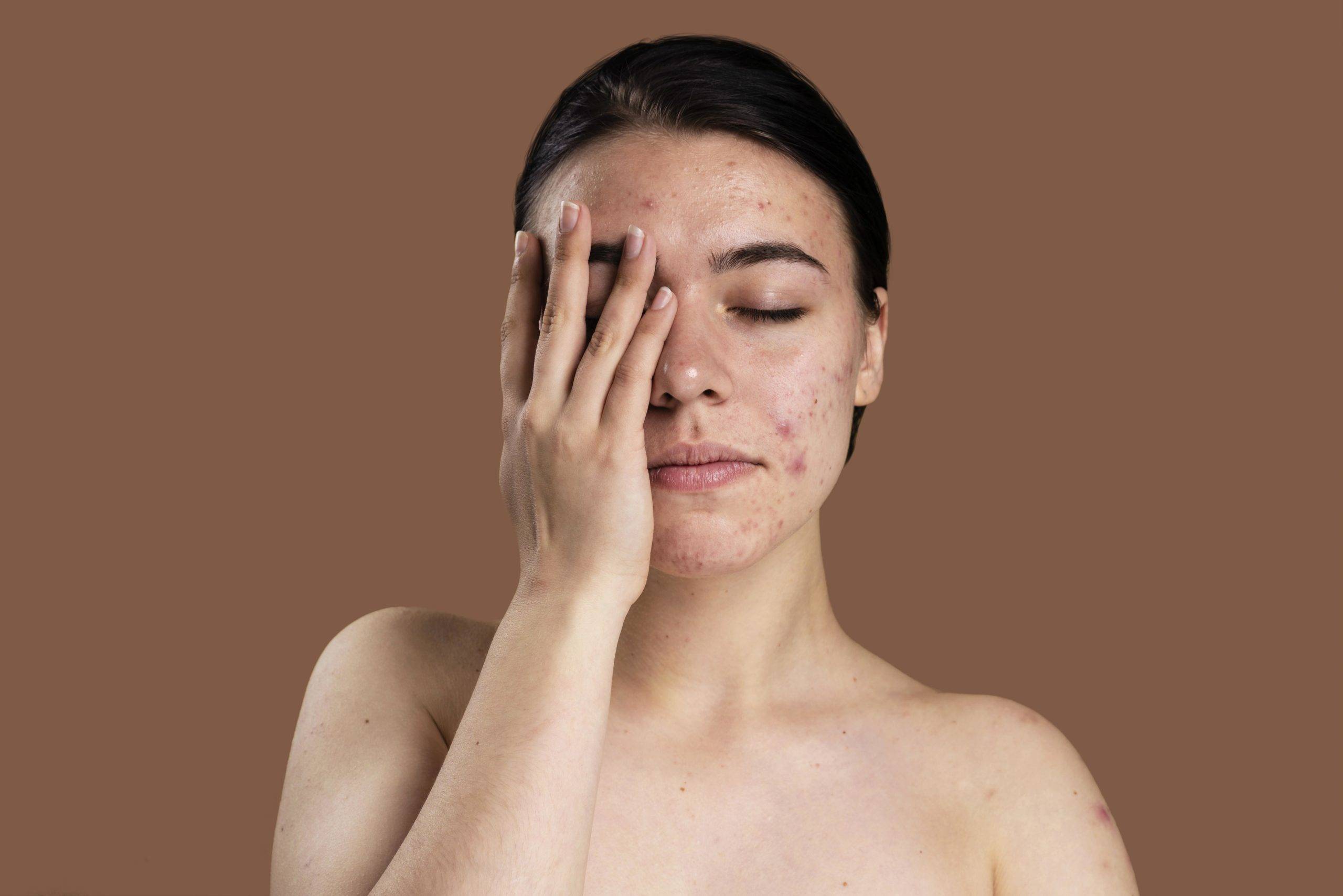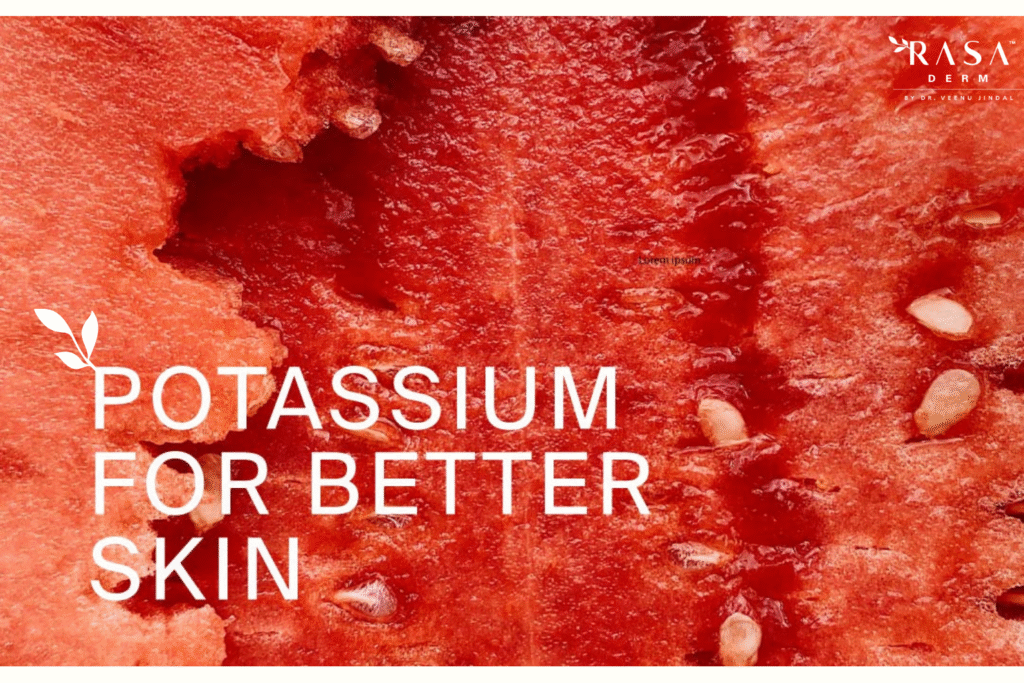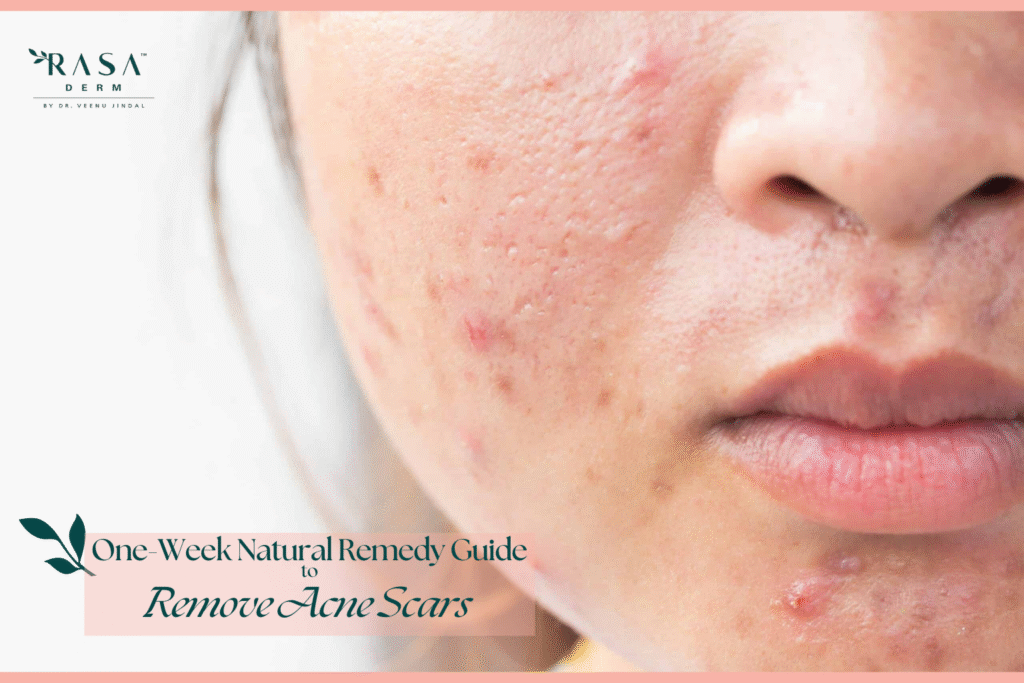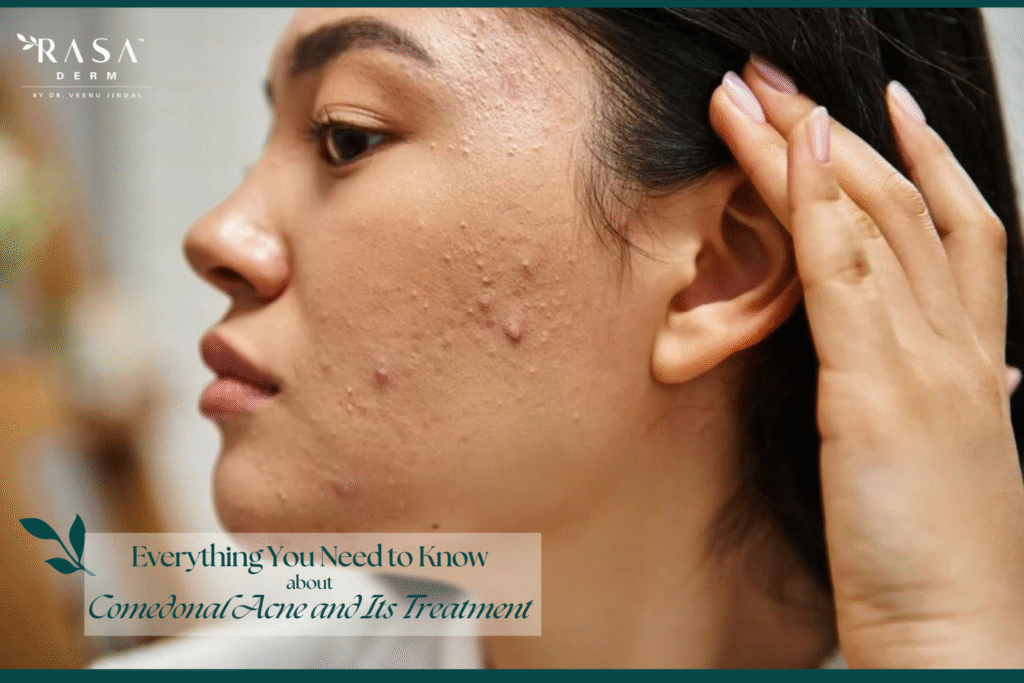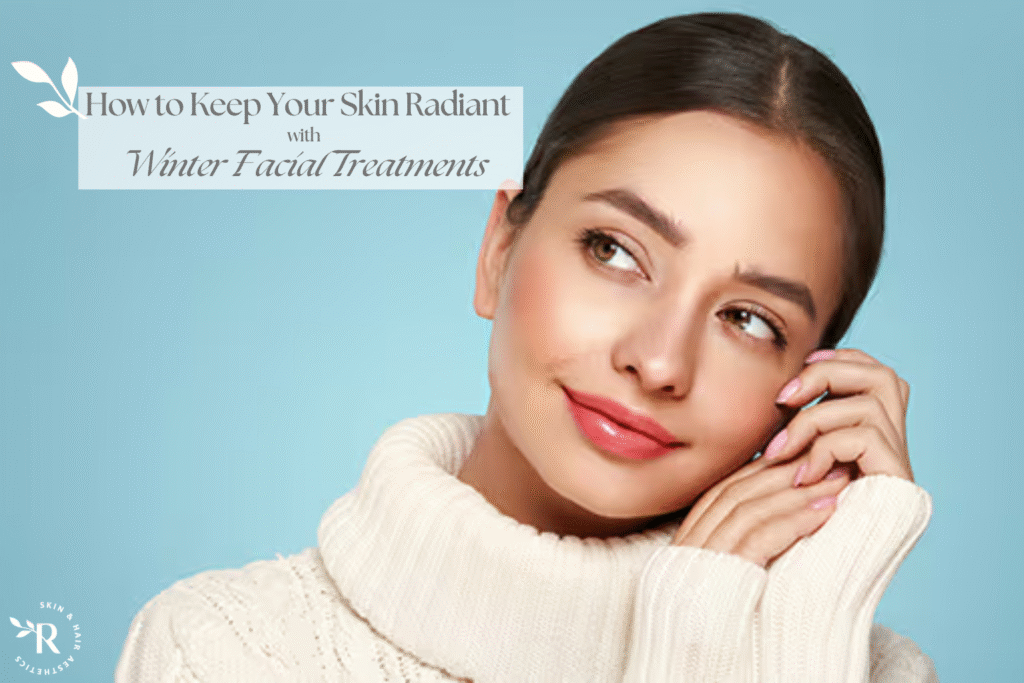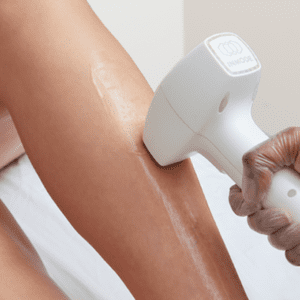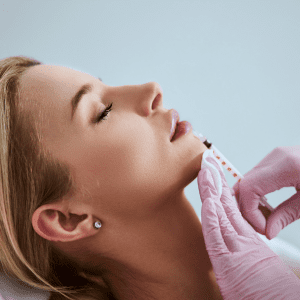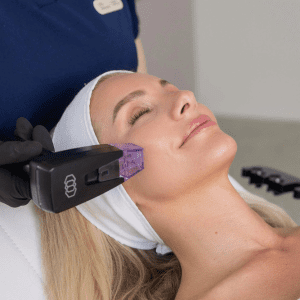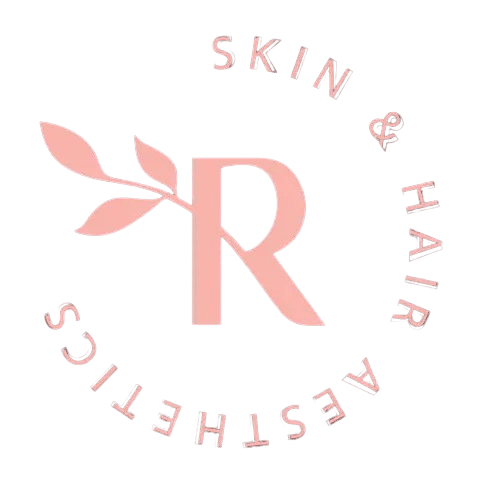Oily skin isn’t always a bad thing. According to certain research, those natural oils protect and retain the skin, which means persons with a natural glow have less wrinkles. However, those benefits come with several drawbacks, including a super-shiny face, clogged pores, breakouts, and the misery of watching your makeup melt off by midday.
So, what exactly causes oily skin? Oily skin is induced by hormonal stimulation of the sebaceous glands on a biological basis (oil glands). The oil produced is discharged from the gland through our pores to the skin’s surface, giving it a slick or shiny appearance. The forehead, nose, mid-cheeks, and chin (also known as the T-zone) are all areas of the face where oil glands are concentrated.
When the sebaceous glands in the skin produce too much sebum, the skin becomes oily. The waxy, oily fluid that covers and hydrates the skin is known as sebum. Sebum is necessary for the skin’s health. Too much sebum, on the other hand, can cause oily skin, plugged pores, and acne. Managing oily skin frequently necessitates the development of a skin-care routine.
The amount of oil produced by your skin varies from person to person, and factors such as hormone changes (menstruation, pregnancy, and menopause), nutrition, stress, and even the weather can all affect how much oil your skin produces. Fortunately, there are a variety of options for controlling oily skin—
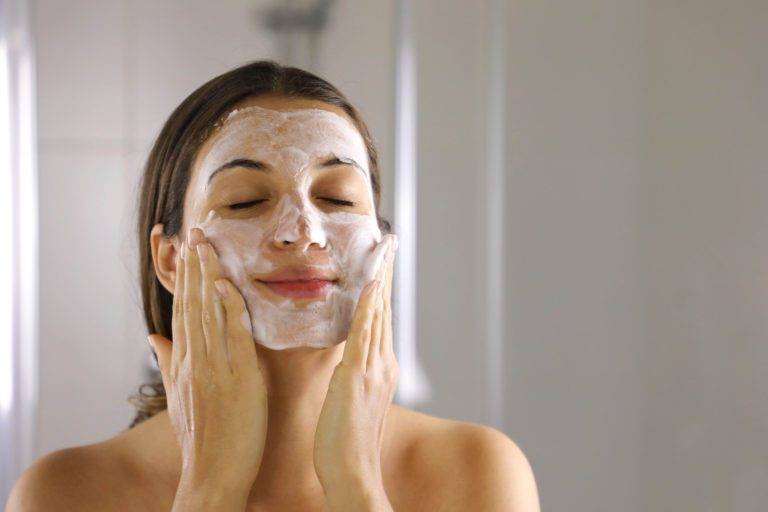
Washing your face on a regular basis can help to reduce the quantity of oil on your skin. For oily skin, the following procedures are recommended:
- Use a moderate soap and warm water to clean.
- Avoid soaps that contain scents, additional moisturizers, or harsh chemicals, since these can irritate or dry up the skin, causing it to produce more sebum in response.
- Loofahs and scratchy washcloths should be avoided since they might cause the skin to produce more oil.
Alcohol-based astringent toners tend to dry up the skin. Natural astringents, such as witch hazel, can, however, provide skin-soothing qualities, according to a study. These products, however, may not be suitable for everyone. When using astringent toners, some people experience tingling or itching on their face. If this occurs, it could be a sign of irritation, which could result in increased sebum production. To avoid irritation, people should test any new toner on a small patch of skin first.
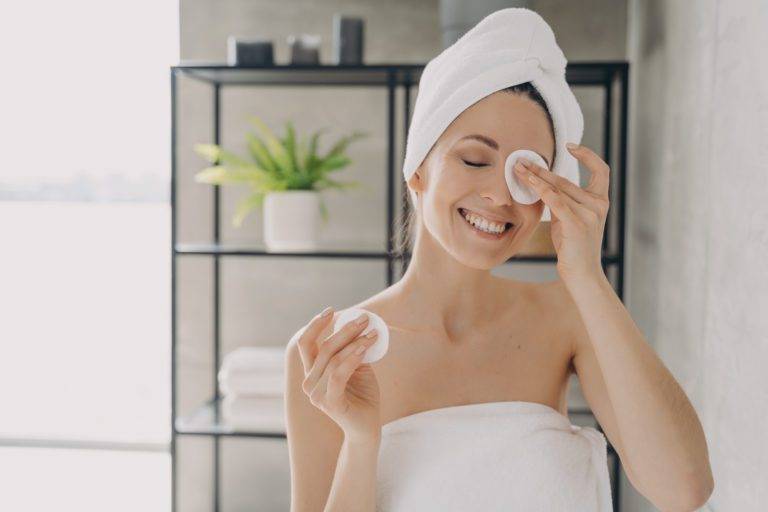
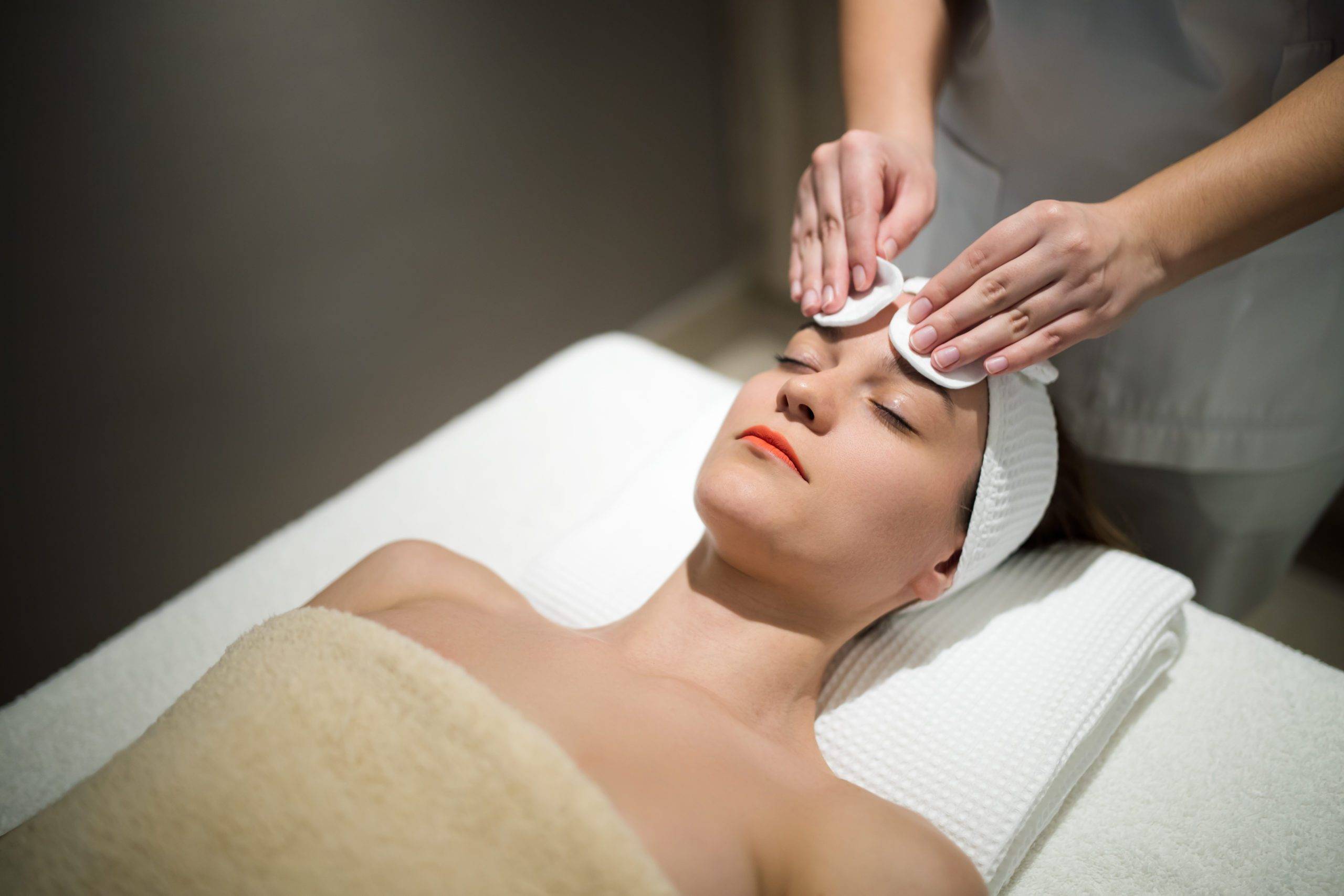
It’s vital not to over-exfoliate, as this can lead to an increase in oil production—once or twice a week should suffice.” It is generally recommended to utilize chemical exfoliants with a combination of glycolic and salicylic acids that are not particle-based. This combination effectively removes excess oil and dead skin cells while also preventing plugged pores.
It’s tempting to touch your face, especially when you’re upset or thinking, but if your skin is already oily, the last thing you want to do is transfer more oil, not to mention dirt and bacteria, from your hands to your face. Touching your face on a regular basis might clog your pores and lead to acne. When cleaning or applying sunscreen, moisturizer, or makeup, only use clean hands to contact your face.

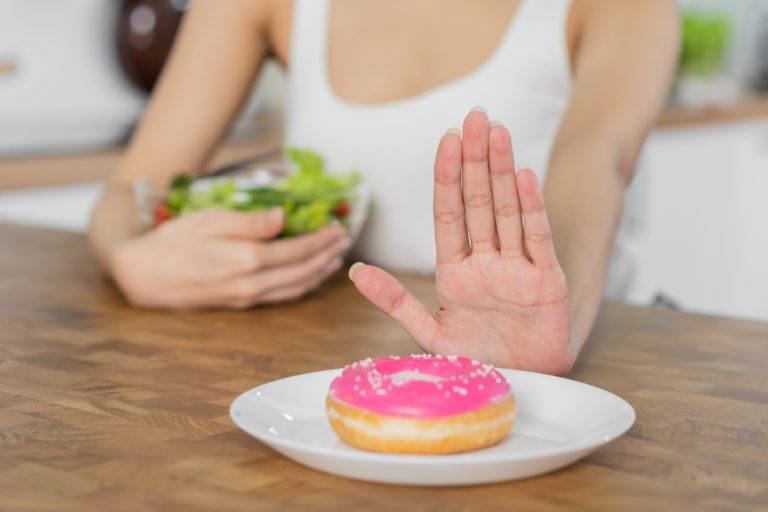
When you eat sugar and refined carbs, such as white bread, sweet drinks, and junk food, your blood sugar levels rise, and your pancreas tries to bring things back to normal. This increase in sugar levels might increase oil production and acne severity. Replace sugar and refined carbohydrates in your diet with high-fiber, unprocessed foods such whole grains, nuts, legumes, vegetables, and many fruits, which have a low GI (meaning they don’t increase blood sugar) (strawberries, peaches, mangoes).
Blotting papers, which are specially designed absorbent papers that remove oil from the skin, are made by a variety of companies. Blotting papers won’t reduce sebum production, but they can be used to remove excess oil from the face throughout the day to make it look less shiny. A person could also use medicated cotton pads containing common cleansing chemicals like salicylic acid or glycolic acid. These may aid in the removal of excess oil while also cleansing the pores and skin throughout the day.
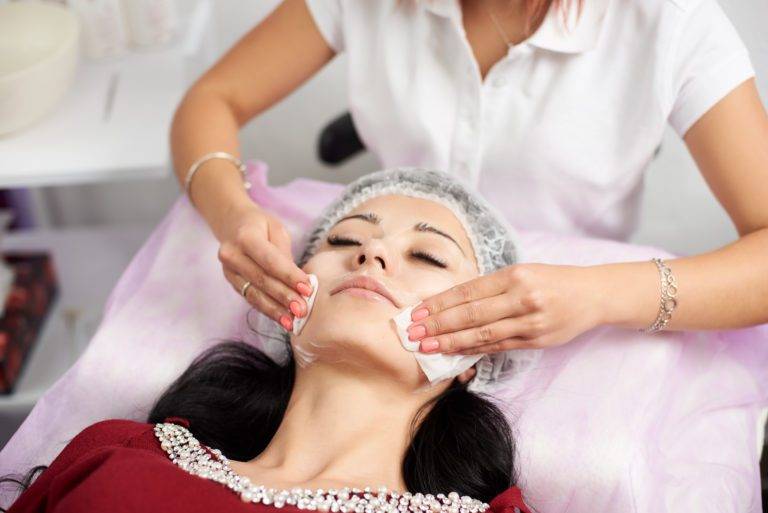
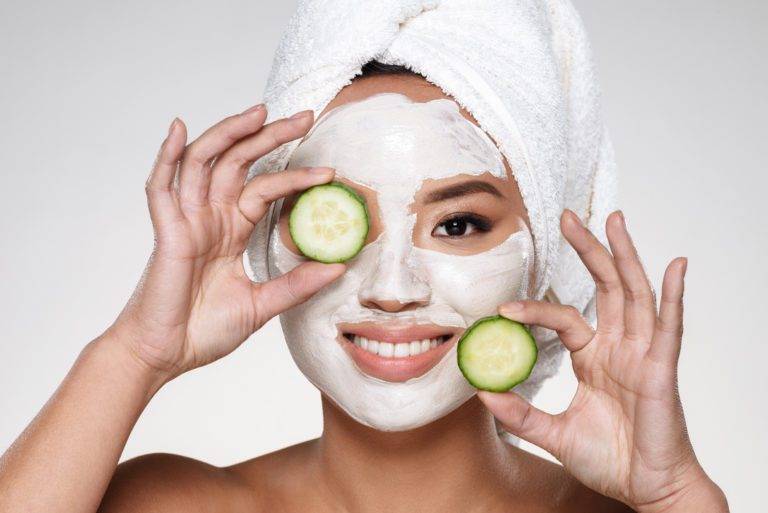
While many people with oily skin avoid moisturizers for fear of making their skin look oilier, the appropriate moisturizers can really help this type of skin. An oil-free moisturizer can assist people with oily skin stay moisturized and protected without feeling greasy. According to some research, aloe vera may be an effective moisturizer for acne and greasy skin.
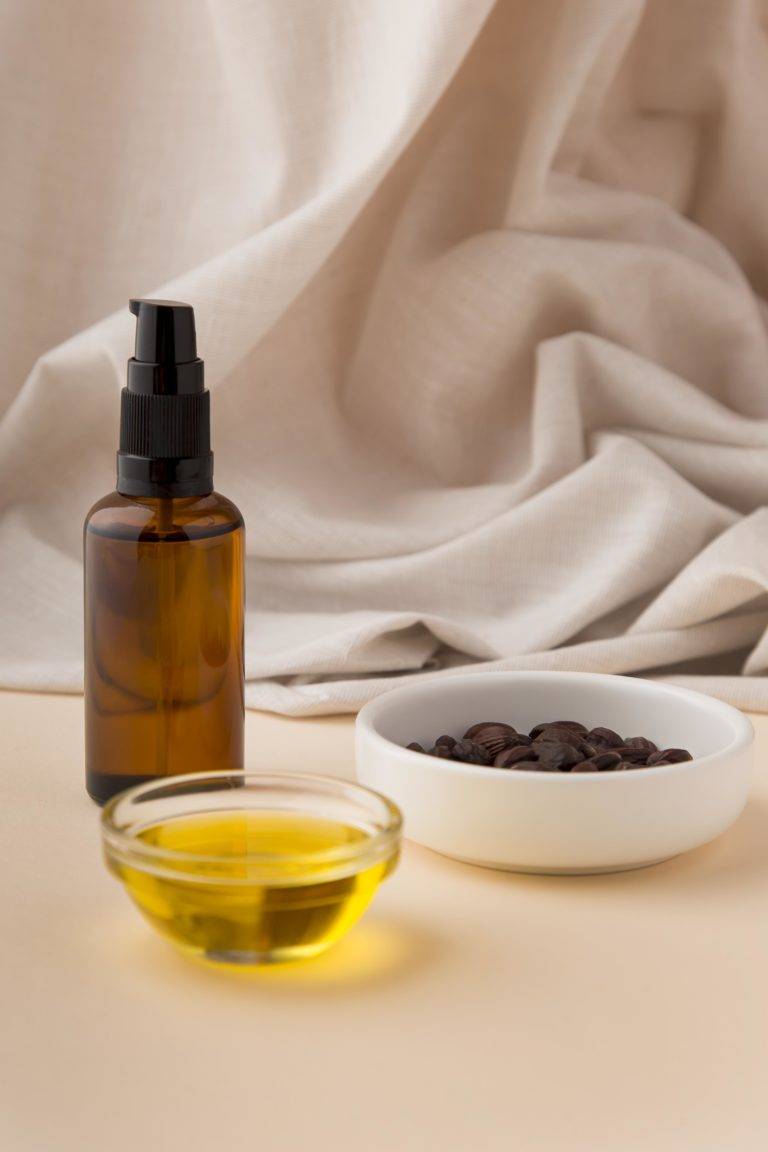
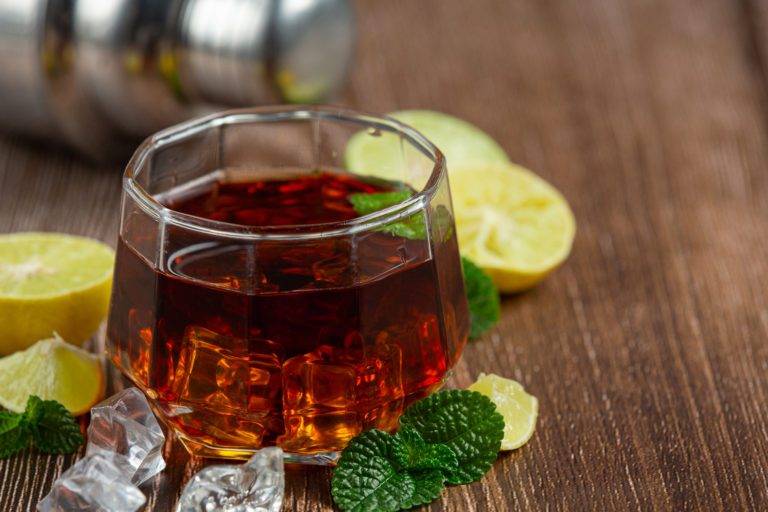
Although the data isn’t clear, there is some indication that drinking two cups of organic spearmint tea each day will lower blood levels of circulating androgens, male-type hormones that all women have. Androgens stimulate oil gland production and aggravate acne, therefore lowering circulating androgens by drinking spearmint tea could assist with oiliness. If you want to give it a shot, limit yourself to two glasses each day and monitor your shine.
One of nature’s most revered skin cures is honey. It may help oily and acne-prone skin because of its antibacterial and antiseptic properties. It’s also a natural humectant, which means it keeps skin hydrated but not oily. Because humectants take moisture from the skin without replenishing it, this is the case. Spread a thin coating of honey, ideally raw, onto your face to cure acne and oily skin; let it dry for about 10 minutes before rinsing completely with warm water.
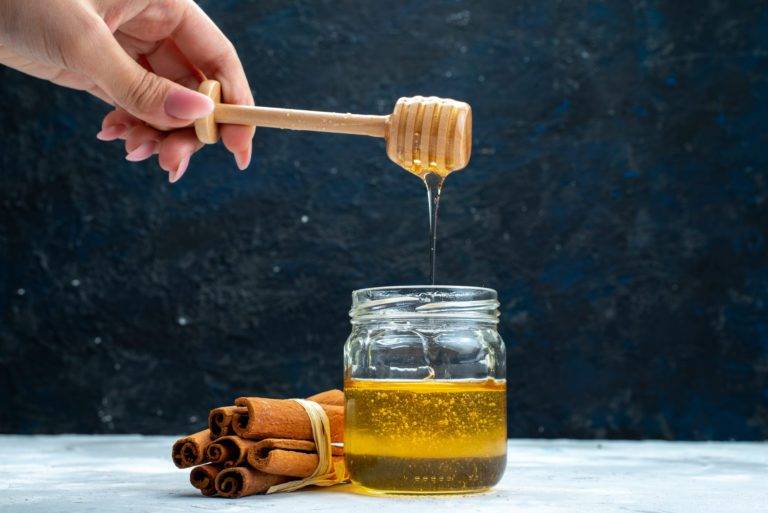

A folk treatment for oily skin is egg whites and lemons. Both of these substances are said to constrict pores. Lemons and other citrus fruits contain acid, which may aid in the absorption of oil. Lemons have antimicrobial properties, according to several studies. This cure, however, is not suitable for persons who are allergic to eggs. To make an egg white and lemon face mask, follow these steps:
- In a small mixing bowl, mix together 1 egg white and 1 teaspoon freshly squeezed lemon juice.
- Apply the mask to your face and keep it on until it dries.
- Rinse with warm water and dry with a soft cloth.
Our bodies create more cortisol during stressful periods, which leads to an increase in oil production. Make an effort to carve out time during the day to engage in stress-relieving activities such as yoga, deep breathing, and other relaxation techniques, as well as workouts (power walking, dancing) and leisure rituals (dinner with buds, Netflix and actually chilling).

Oily skin is not as bad as the world makes you think. You just have to understand your body and take proper care of it. However, if you are facing any problems and are not sure what it might be, don’t shy away from consulting your dermatologist. Visit rasaderm.com to book a session now and get rid of all your inhibitions about skincare today!


